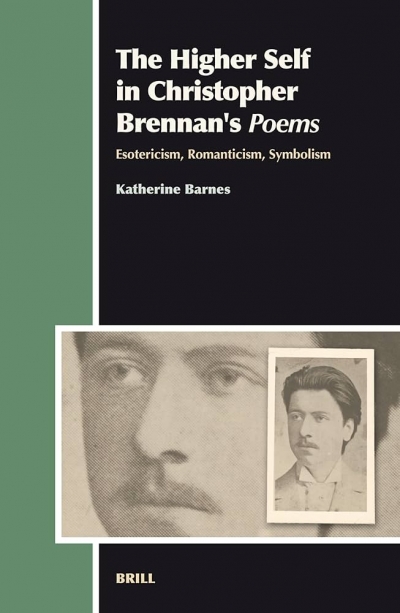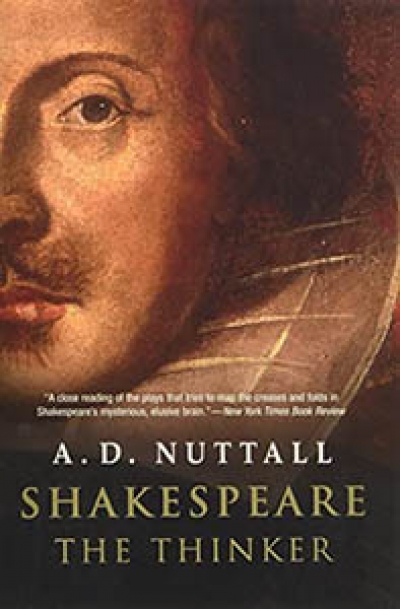Archive
The Cambridge Companion to Emile Zola edited by Brian Nelson
by Françoise Grauby •
The Higher Self in Christopher Brennan's Poems: Esotericism, Romanticism, Symbolism by Katherine Barnes
by Frances Devlin-Glass •
What a pleasure it is be transported from mundane life and traverse the realms of the imaginary with a good guide. Mind you, some guides and imaginations are better than others, and so it is for these four journeys into the fantastic, which cover a variety of treatments, from Isobelle Carmody’s quest fantasy of small creatures, to the parodic melodrama of Gary Crew, to Emily Rodda’s intertwining of the fantasy world and our own, and Juliet Marillier’s romantic historical fantasy in the inspired setting of Istanbul at the time of the Ottomans.
... (read more)A Companion to Australian Literature Since 1900 edited by Nicholas Birns and Rebecca McNeer
by Peter Pierce •
Tense Little Lives: Uncollected prose of Ray Mathew edited by Thomas Shapcott
by Adrian Mitchell •
Magnificent Obsession: The story of the Mitchell Library, Sydney by Brian H. Fletcher
by John Thompson •
I have often admired the mystical way of Pythagoras, and the secret magic of numbers.
Sir Thomas Browne, Religio Medici
The real world is not given to us, but put to us by way of a riddle.
Albert Einstein
In the kitchen of my mother’s houses there has always been a wooden stand with a ...







